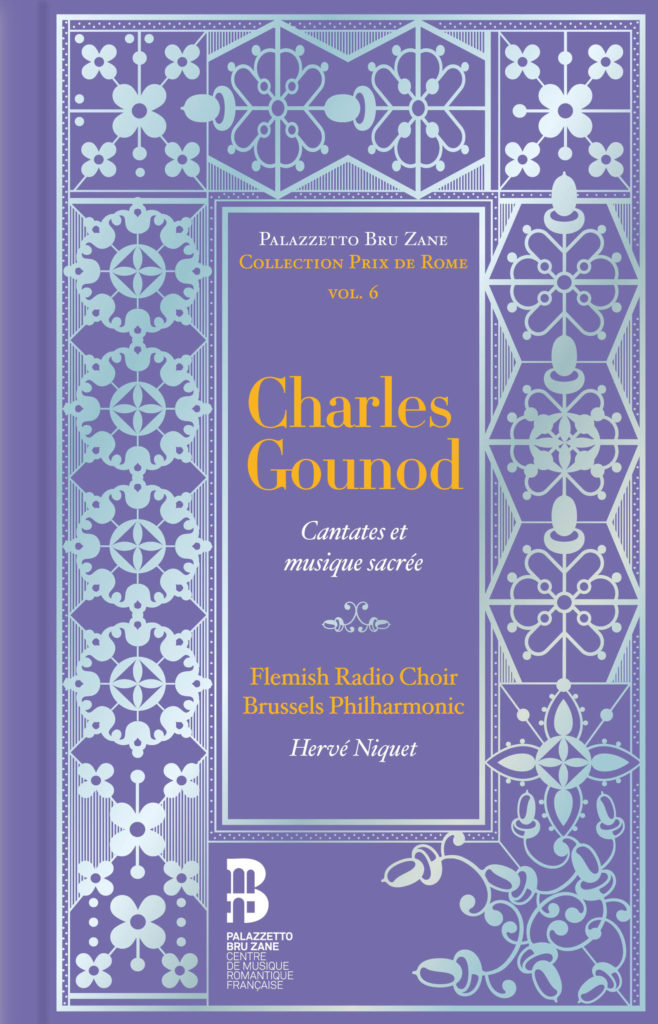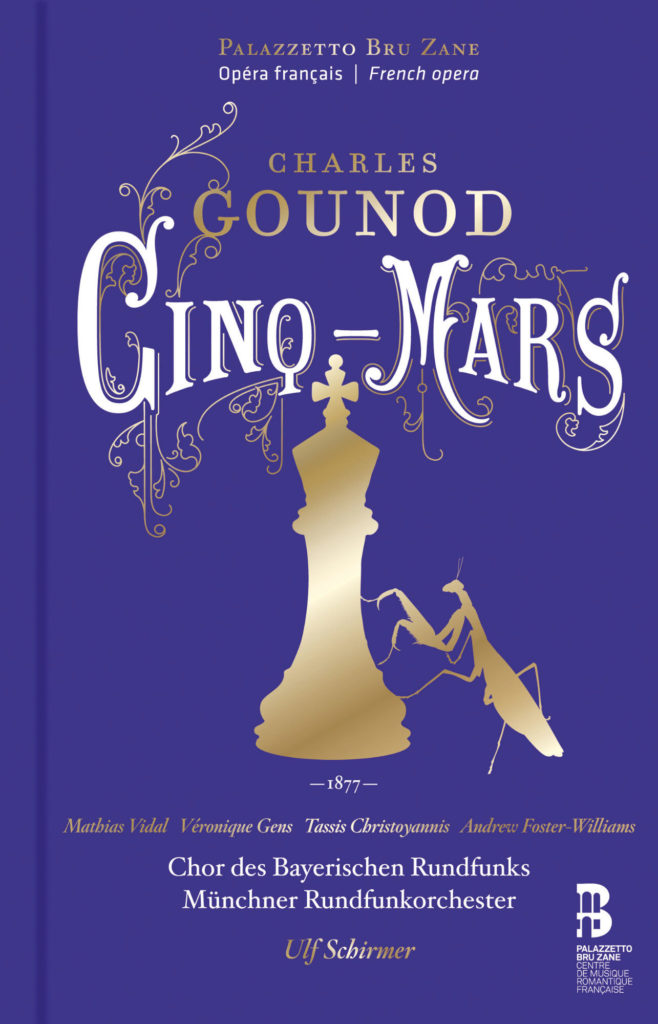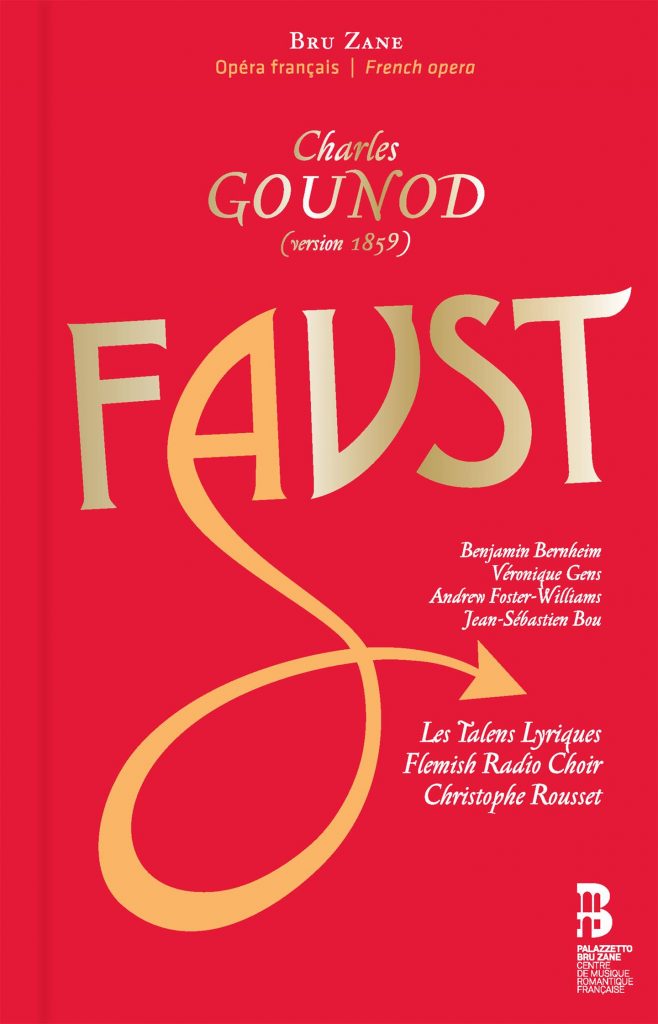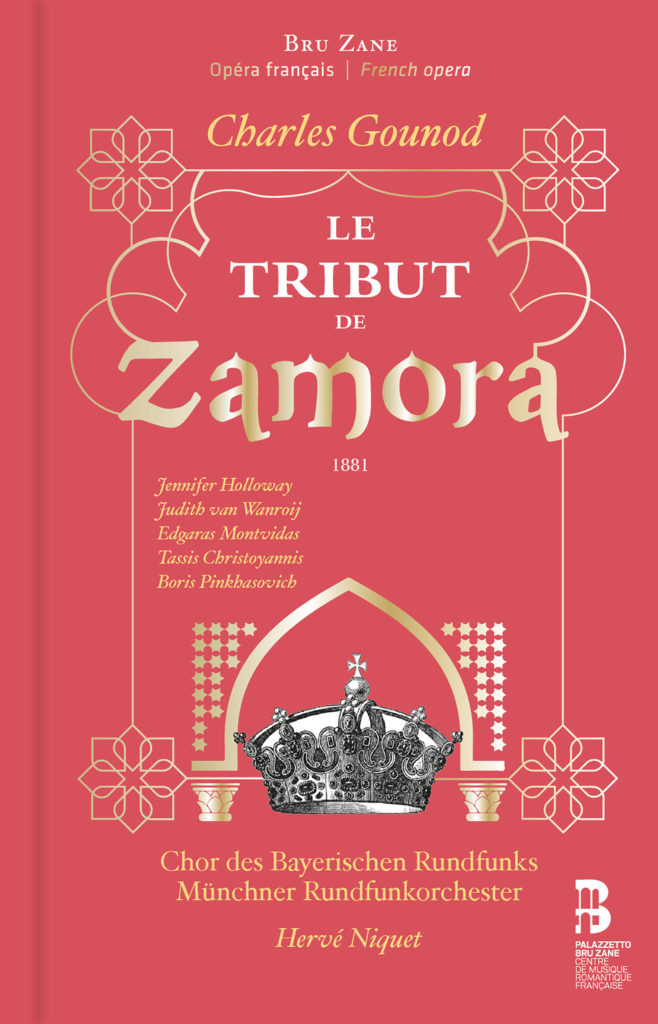Cantatas and sacred music
An icon of French Romanticism thanks to the enduring popularity of his operas Faust and Roméo et Juliette, Charles Gounod competed three times for the prestigious Prix de Rome between 1837 and 1839. Thus he composed three unpublished cantatas for soloists and orchestra, including Marie Stuart et Rizzio and La Vendetta, which he never had the opportunity to hear in performance. Revealed for the first time, these three cantatas, fine examples of French Romanticism, show a young composer with a remarkable flair for opera. In the end Fernand won him the coveted prize, carrying with it the privilege of a three-year stay (from 1840) at the Villa Medici in Rome. While there he produced several sacred compositions, which have also remained unknown until now. His splendid Messe vocale for unaccompanied choir, written in a neo-Palestrinian style, deserves a place on the programme of every vocal ensemble.
Contents of the book
Alexandre Dratwicki, Gounod and the Prix de Rome for composition (1837-1839)
Pierre Sérié, The Villa Medici at the time of Ingres
Dominique Hausfater, Letters from Madame Victoire Gounod to her son (1839-1842)
Charles Gounod, Memories of an artist: Italy
Gérard Condé, ‘Mighty Palestrina, old master, ancient genius’
Texts of the cantatas and the Hymne


 Torna indietro
Torna indietro  newsletter
newsletter webradio
webradio replay
replay








